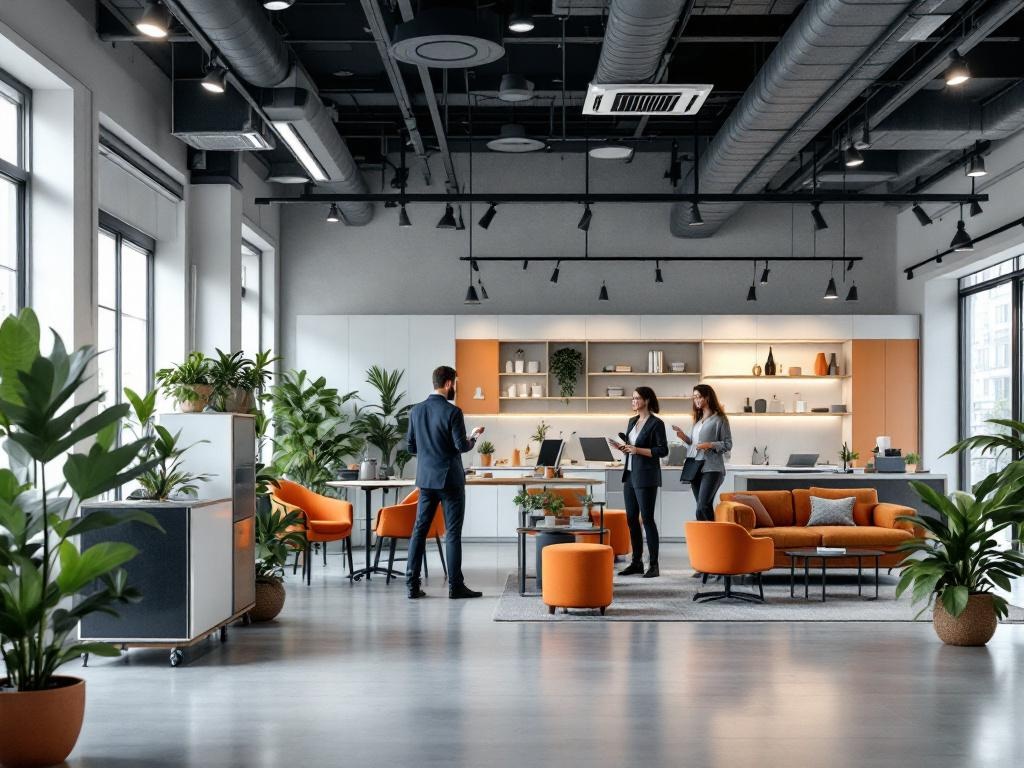Refrigeration Installations: The Silent Climate Bomb in Supermarkets

Londen, woensdag, 2 juli 2025.
A groundbreaking investigation by the Environmental Investigation Agency reveals a shocking reality: cooling systems are responsible for up to 70 percent of carbon emissions in the global supermarket sector. This revelation casts a critical light on the climate impact of retail refrigeration, exposing both store installations and supply chains. The study, which examined five major supermarket groups, emphasises the urgent need to transition to more sustainable cooling technologies to meet Paris climate goals. Retailers will need to take drastic measures, such as phasing out HFCs, reducing leaks, and upgrading refrigeration installations to achieve significant emission reductions.
Scale of the Climate Problem
The Environmental Investigation Agency (EIA) research reveals that cooling systems are responsible for up to 70 percent of Scope 1 and Scope 2 emissions in the global supermarket sector [1]. The study analysed five major international supermarket groups: Tesco, Ahold Delhaize, Carrefour, Jerónimo Martins, and Metro AG [1].
Path to Sustainability
The EIA has developed a Net Zero Supermarket Cooling Pathway with four crucial steps: 1) Increased transparency about refrigerant emissions, 2) Reducing HFC emissions by minimising leaks, 3) Decreasing energy consumption by upgrading cooling installations, and 4) Collaborating with the cold supply chain to lower emissions [1].
Climate Risks
Fionnuala Walravens, senior climate campaigner at EIA UK, emphasises that this pathway is an instrument to assess climate risks and evaluate sustainability performance [1]. The report warns that retailers currently will not meet their climate targets, even with existing emission reduction goals [1].
Regulatory Context
The European Union has already instituted a ban on HFCs in secondary circuits of centralised cooling systems [2]. However, regulation remains behind in the United States [2]. Tesco was the only British retailer praised for its progress in transitioning to natural refrigerants [2].
Industrial Efforts
Some retailers are already making progress. Meijer, for example, has announced it will reduce carbon emissions by 50%, which even anticipates scientific guidelines for combating global warming [3].